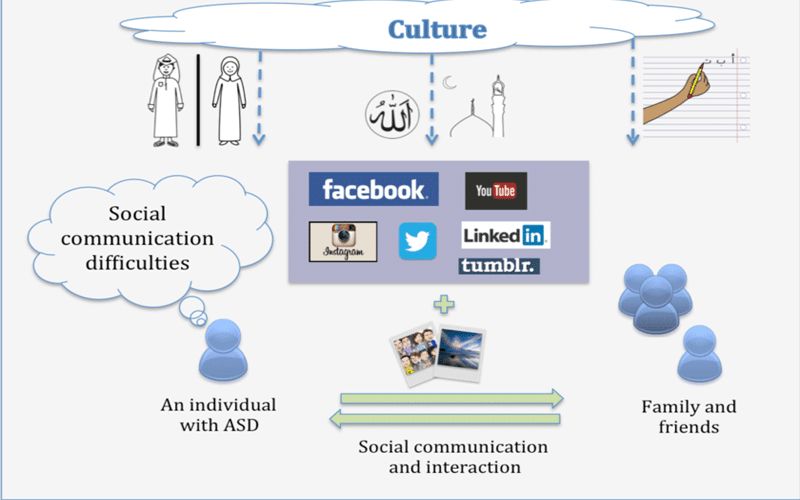Nairobi, 28 September, 2020 / 8:38 pm (ACI Africa).
Members of the Clergy and Religious involved in pastoral animation in Kenya have been encouraged to embrace the Christian culture, rising above their respective traditional cultures that could impede active participation in the mission of Jesus Christ.
“We must rise above the culture of our communities because we must embrace the Christian culture, the culture of Christ, the culture of the Gospel,” Sr. Agnes Lucy Lando said Saturday, September 26, the last day of the three-day virtual workshop that brought together mainly members of the Clergy and Religious involved in pastoral animation in Kenya.
Sr. Lando explained, “In the gospel culture, we are all the same, equal in the eyes of God but in the community culture, my culture is superior to yours, and my culture says boys are better and my culture says women should be this or that. Culture makes women feel inferior.”
“Inferiority and superiority complex have a direct impact on mission,” the member of the Congregation of the Sisters of Mary of Kakamega in Kenya went on to say, adding, “Our mission is challenged by preconceived ideas or by cultural inclinations of the people we are serving or the people we are working with.”
As a way forward, Sr. Lando who is a Professor at the Nairobi-based Daystar University’s School of Communication recommended awareness, sensitization and prayer.








